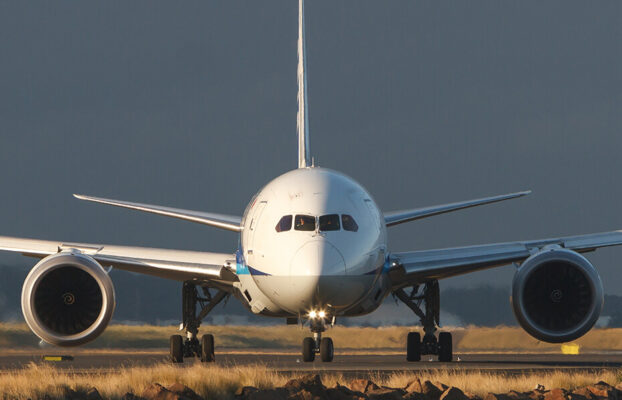“Hell or high water clauses” are a standard fixture of aviation leases and it appears that courts will generally enforce “hell or high water clauses” in aviation leases, in the absence of extenuating factors. This legal update provides a primer on hell or high water clauses as relates to aviation leases under English Law.
Hell or High Water Clauses
A “hell or high water clause” is a contractual provision in an aviation lease that requires the lessee (the “Airline or Operator”) to continue making lease payments under all circumstances, regardless of any issues or disruptions that may arise. These disruptions could include mechanical problems with the aircraft, regulatory changes, economic difficulties, or even external events like war or political unrest. In essence, the lessee must pay the agreed-upon rent “come hell or high water,” without attempting to delay or renegotiate payment terms.
Key Features of Hell or High Water Clauses
- Absolute Payment Obligation: The lessee is obligated to make payments without any right to withhold, delay, or reduce payments, regardless of the aircraft’s condition, operability, or external circumstances.
- Risk Allocation: These clauses shift most of the financial risk to the lessee, ensuring that the lessor (the aircraft owner) has secure and predictable revenue streams, even if the lessee faces difficulties.
- Enforcement in Aviation: Hell or high water clauses are critical in aviation finance because aircraft leasing is often a long-term commitment, and the lessor wants protection against any potential disruptions that could affect the lessee’s financial health or ability to make payments.
Why “Hell or High Water Clauses” Matter in Aviation Leases
There are a number of reasons why hell or high water clauses remain a fixture in aviation leases. These include:
(1) Financing Stability: Lessors often rely on such clauses to secure financing for aircraft. Investors and lenders feel more confident in financing leased aircraft if lease payments are guaranteed under all circumstances.
(2) Repossession: In case of default, the lessor can repossess the aircraft and enforce outstanding payments based on the lease terms, which the hell or high water clause protects.
(3) The Need to Mitigate Lessee Risk: The lessee assumes most of the operational and external risks, including maintenance, operational downtime, or regulatory changes that could affect their ability to use the aircraft.
Relevant Case Law: Wilmington Trust SP Services (Dublin) Ltd v SpiceJet Ltd [2021] EWHC 1117 (Comm)
In the case of Wilmington Trust SP Services (Dublin) Ltd v SpiceJet Ltd [2021] EWHC 1117 (Comm), the claimants sought summary judgment for unpaid rent and other sums owed under dry lease agreements in which the defendant, SpiceJet, had assumed responsibility for the operation and maintenance of the aircraft over a 10-year term.
The English Court upheld the “hell or high water” clause, despite SpiceJet’s defense that it was entitled to withhold payments due to two key reasons: (a) it had become illegal to operate the aircraft due to COVID-19-related travel restrictions imposed by the Indian government, and (b) the leases’ commercial purpose—providing aircraft for commercial use—had been frustrated by these regulatory bans.
The court rejected these arguments, affirming that the hell or high water clause required SpiceJet to continue making payments regardless of the circumstances, underscoring the strength of such clauses in aircraft leasing contracts even amid unforeseen events like the pandemic.


